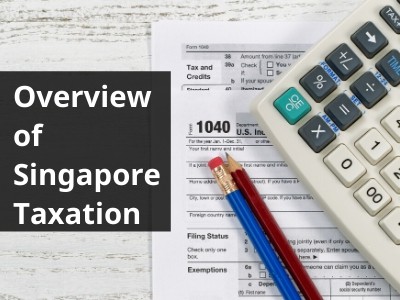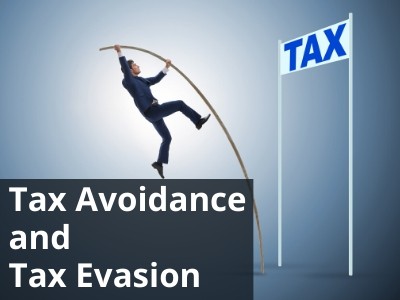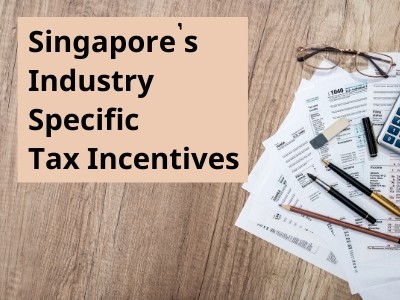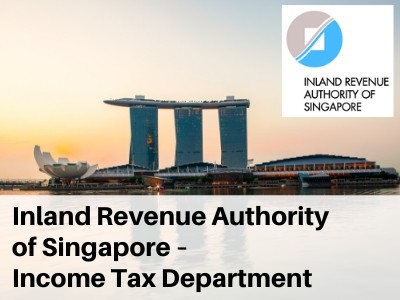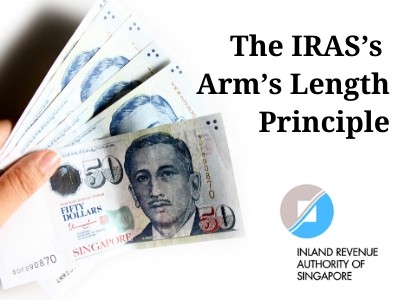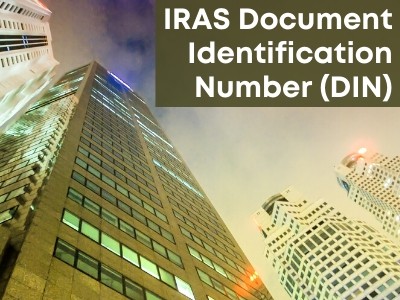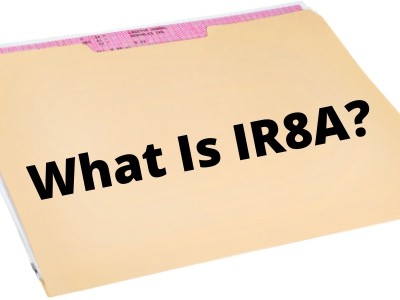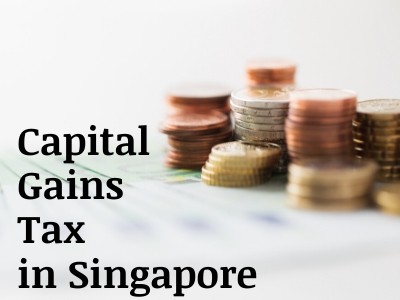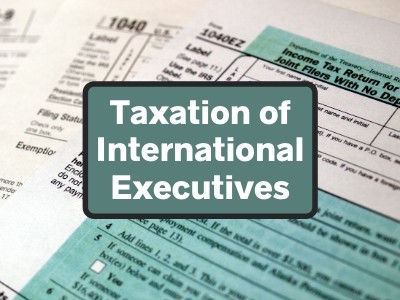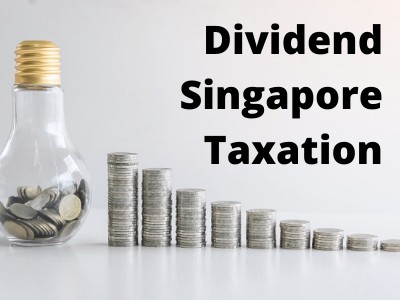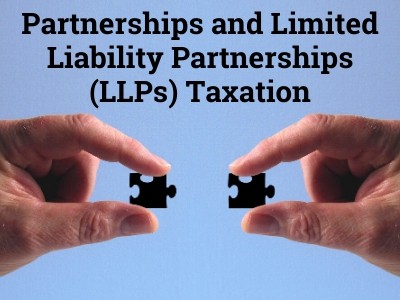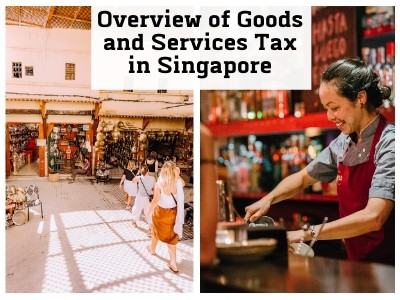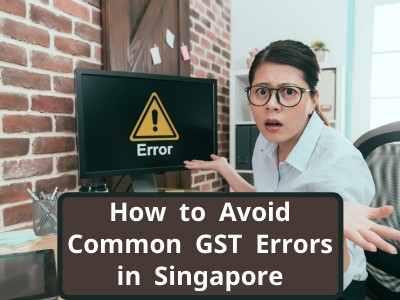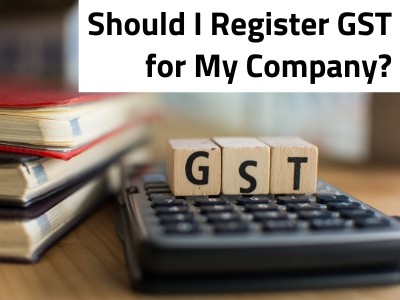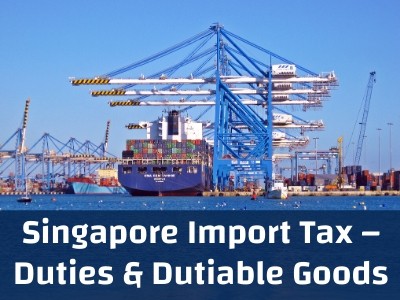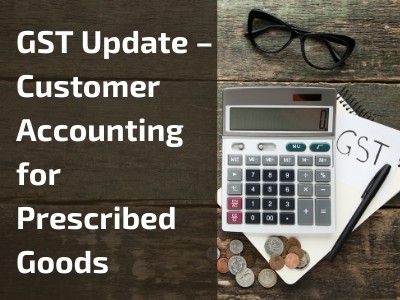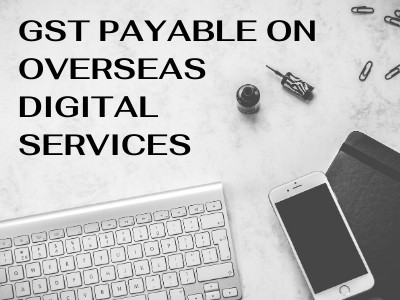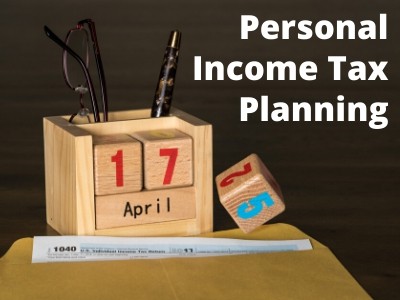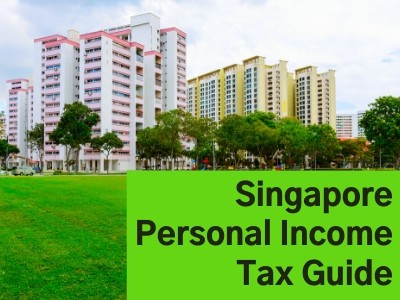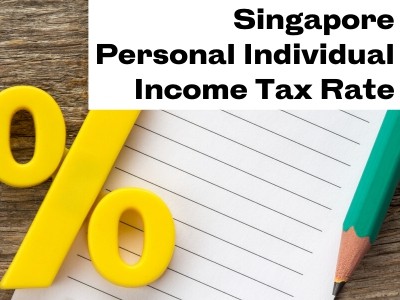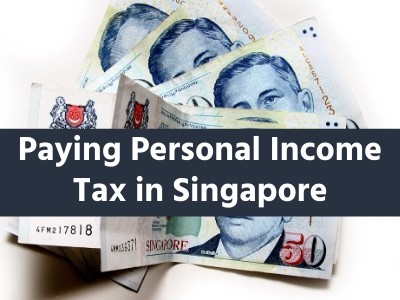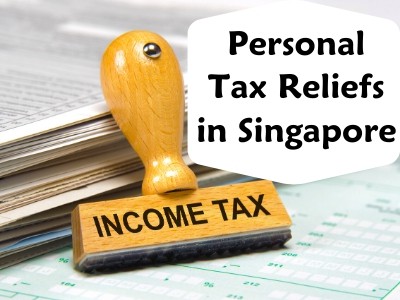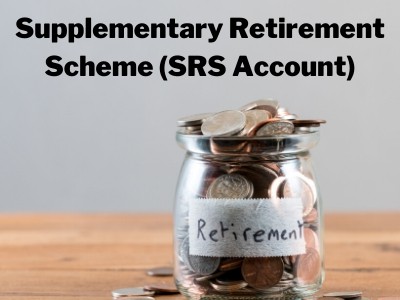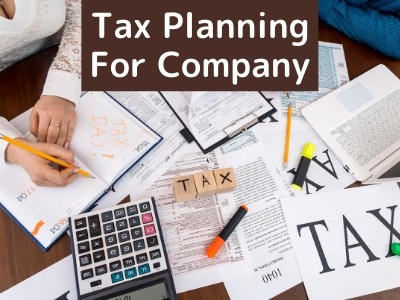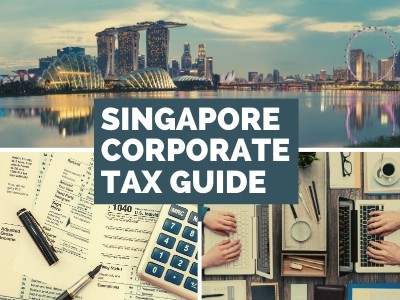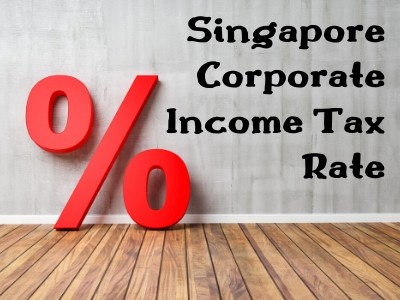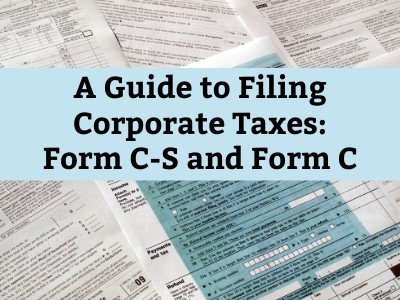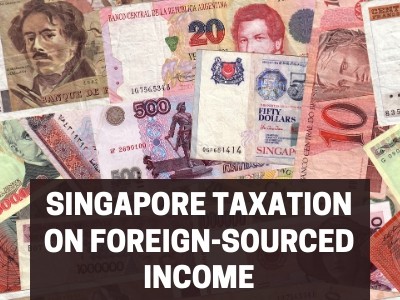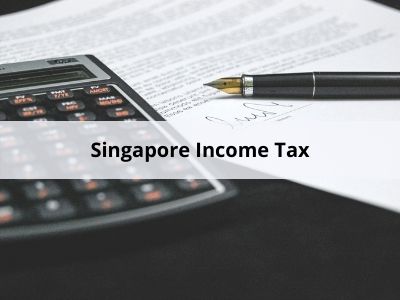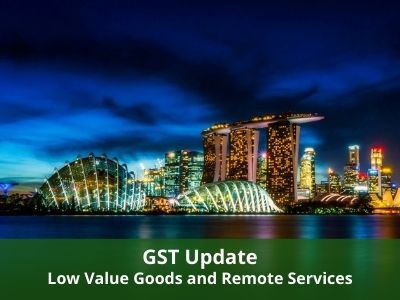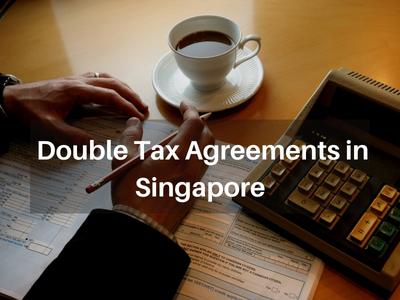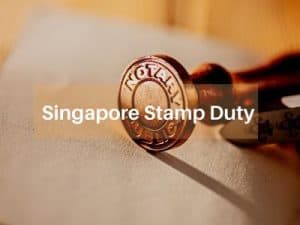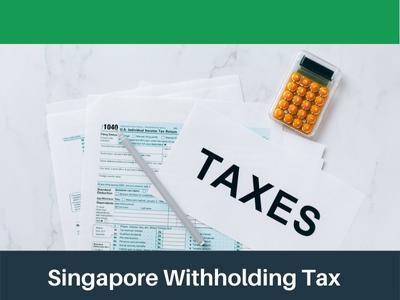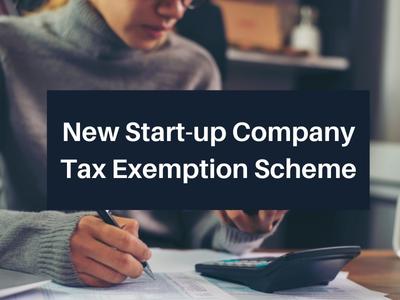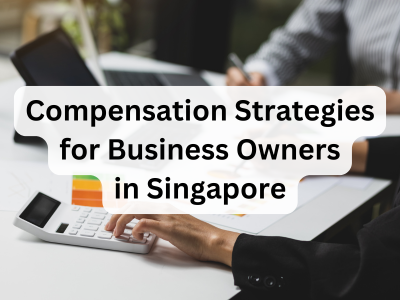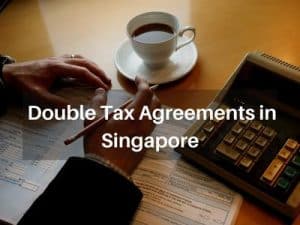This post is also available in:
 简体中文 (Chinese (Simplified))
简体中文 (Chinese (Simplified))
About Singapore Taxation
Income-earning individuals and businesses in Singapore are required to declare their income earned from within and outside the country and file them for taxation purposes. They have to comply with this periodically with the Inland Revenue Authority of Singapore (IRAS) to avoid penalties and charges. The state has made Singapore taxation straightforward enough, but many still get confused with it or don’t have the time to do it at all. And even for a well-experienced taxpayer, the itemization of income and the tax computation in itself can throw a man off.
3E Accounting understands the difficulties in tax filing for both individual and corporate, therefore we are here to help you to understand more about tax filing Singapore, as well as to provide you the professional tax accountant services. Please browse through the pages to get more insight about tax filing Singapore and our taxation services.
Select the List of Singapore Taxation Resources
Overview of Singapore Taxation
All businesses need to pay income tax as long as their income was derived from or remitted into Singapore. There are other taxes you may need to pay (e.g. withholding, goods and services, property, stamp duty) depending on your business.
Tax Avoidance and Tax Evasion
A tax avoidance an arrangement that is artificial. And a tax evasion is a criminal offence which involves the reduction of one’s tax liability or obtainment of tax credits or refunds through illegal means such as the claim for fictitious or non-existent expense and the failure to declare taxable income.
Singapore’s Industry Specific Tax Incentives
Did you know that your Singaporean business might benefit from industry-specific and investment-related tax incentives? It’s true, thanks to the Singapore Income Tax Act and follow-on legislation.
Inland Revenue Authority of Singapore – Income Tax Department
The Inland Revenue Authority of Singapore is better known as IRAS. IRAS is part of the statutory board of the Singapore government established under the Ministry of Finance and tasked with being in charge of tax collection.
The IRAS’s Arm’s Length Principle
The Inland Revenue Authority of Singapore recently said arm’s length charges should be imposed for services provided between related parties, comparable to the charges for such services provided between unrelated parties under similar circumstances.
IRAS Document Identification Number (DIN)
Are you familiar with IRAS’s Document Identification Number? Referred to as DIN for short, the IRAS generates this unique number for the purpose of identifying each income tax return which is issued. A company’s DIN would be available in Form C-S/C for a specific YA (Year of Assessment) period.
IR8A in Singapore refers to the reporting of employees earnings under IR8A, Appendix 8A, Appendix 8B and the IR8S. All employers in Singapore are lawfully required under S68(2) of the Income Tax Act to prepare Form IR8A.
Capital Gains Tax in Singapore
Capital gains tax, in general definition, is a tax levied on profits generated from the sales of capital assets where the price is higher than the price of the purchase of the assets – the positive difference between the sale price and the asset’s original purchase price.
Taxation of International Executives
Tax Year
The general rule in Singapore is that the government assesses tax for the preceding calendar year on income of an individual, and does so in the following calendar year (Year of Assessment).
Dividend Singapore Taxation
As of 1 January 2008, shareholders in Singapore are no longer taxed on dividends paid by a Singapore resident company under the one-tier corporate taxation system. Dividend Singapore are defined as the profits which are received from your portion of the ownership share in a company.
Partnerships and Limited Liability Partnerships (LLPs) Taxation
If the partner is an individual, his share of income will be taxed based on his personal income tax rate . While a partner is a company, its share of income will be taxed at the tax rate for companies.
The PIC Bonus gives businesses a dollar-for-dollar matching cash bonus for YAs 2013 to 2015, subject to an overall cap of $15,000 for all 3 YAs combined.
Tax Planning for Investment Property in Singapore
80 percent of Singapores population will live within a 10-minute walk of an MRT station by 2030. Two new MRT lines were unveiled today.
Overview of Goods and Services Tax (GST) in Singapore
Goods and Services Tax or GST is a broad-based consumption tax levied on the import of goods (collected by Singapore Customs), as well as nearly all supplies of goods and services in Singapore. In other countries, GST is known as the Value-Added Tax or VAT.
How to Avoid Common GST Errors in Singapore
Don’t know how to file GST returns in Singapore? This blog post we’ll let you know what common GST errors you should avoid when filing GST returns.
Penalty for Late Submission of GST Returns
Businesses in Singapore which are registered for GST are required to file their returns and pay the GST due amount (if any) within a month after the end of the accounting year period which is covered by the GST return. Even if the company’s GST registration is NIL, it must be filed despite the lack of business activity during the accounting period.
Should I registered GST for my Company?
GST is a broad-based consumption tax levied on the import of goods (collected by Singapore Customs), as well as nearly all supplies of goods and services in Singapore.
Should I Register GST for my Sole-Proprietorship?
When it comes to Goods and Services Tax (“GST”) compliance, there are many practical issues that businesses need to consider. Amongst these is determining whether your business is liable for GST registration.
Singapore Custom Duty Rate & Dutiable Goods
Out of all of Singapore’s businesses, the import and export business is one of the most prolific in the country. In the last few years alone the number of trading companies have increased because the city-state is located at such a strategic spot.
Singapore Import Tax – Duties & Dutiable Goods
Goods which are imported or manufactured in Singapore will be subject to the Singapore import tax on duties and dutiable goods. These goods will be subjected to Singapore’s customs duty and/or excise duty. Customs duties in Singapore are levied upon goods which have been imported into the country, and this excludes excise duty.
GST update – Customer Accounting for Prescribed Goods
Customer accounting for certain prescribed goods will be implemented from 1 January 2019 to deter fraud schemes where the seller absconds with the GST collected.
GST Payable on Overseas Digital Services
Today, our lives are encompassed in advanced innovation as we grasp it to improve our lives. Singaporeans are spoilt for decision with local and overseas digital services. Hence, these foreign digital service providers will be subjected to GST for overseas digital services.
Personal Income Tax Planning
The purpose of this guide is to provide information about how to save your personal income tax every year (for tax resident in Singapore).
Singapore Personal Income Tax Guide
The personal income tax liability is determined by tax residency and amount of taxable income. Some key points of Singapore income tax for individuals will be stated here.
Singapore Personal Individual Income Tax Rate
Anyone who earns, derives, or receives income in Singapore will need to pay income tax every year, unless specifically exempted under the Income Tax Act or by an Administrative Concession.
Paying Personal Income Tax in Singapore
Thinking of how to pay personal income tax in Singapore? Taxpayers can choose to pay their personal income tax via GIRO bank account or electronic payment modes.
Personal Tax Reliefs in Singapore
Personal tax reliefs and rebates in Singapore are granted to individuals as a form of recognition for their efforts. This is an alternative to compensating these taxpayers, where they are given reliefs and rebates in return instead.
Working Mother Child Relief
The Working Mother’s Child Relief (WMCR) essentially is a personal tax relief programme, targeted for working mothers in Singapore.
Supplementary Retirement Scheme (SRS Account)
Saving for your golden years is something that must be done, and Singapore’s Supplementary Retirement Scheme (SRS Account) intends to empower that. You may make commitments to your Supplementary Retirement Scheme account anytime. Your employer can do likewise.
All businesses will be subject to taxes, in one way or another. Understanding the tax regulations and reliefs available are essential to remain compliant with the relevant laws.
Tax Saving For Setup Company
All sole proprietorships and partnership in Singapore are taxed based on the personal income tax rate of their owners under the Income Tax Act.
Singapore Corporate Tax Guide
In Singapore, the corporate tax system is the one-tier corporate tax system, which means there is no double-taxation for stakeholders and the tax paid by a Singapore company on its taxable income is the final tax.
Singapore Corporate Income Tax Rate
In Singapore, its corporate income tax has a single-tier territorial based flat-rate corporate income tax system. There is no double-taxation for stakeholders under the single-tier corporate income tax system.
A Guide to Filing Corporate Taxes: Form C-S and Form C
Singapore Taxation on Foreign-Sourced Income
Foreign income derived from overseas will be taxable in Singapore when remitted to and received in Singapore, which may result in double taxation – once in the foreign country, and a second time when the foreign income is remitted into Singapore.
How Foreign Tax Credit Is Benefiting You As A Holding Company
What is Foreign Tax Credit (FTC)? Know more about the benefits of FTC for you as a Holding Company, and what is the conditions for claiming FTC. Resident taxpayers are subject to tax on foreign income received in Singapore unless the foreign income qualifies for tax exemption. Where that income is also subject to tax in the foreign tax jurisdiction in which it is derived.
A Guide to Understanding Your C-S (Lite) Form
The C-S (Lite) Form was only introduced for YA 2020. The purpose of the form is to enhance the overall e-Filing experience. Especially for the smaller companies who might not be able to hire help. With the form, the process is much easier.
Singapore imposes a tax on its residents and companies as a source of revenue, albeit slightly different. According to its law, residents must file and submit their income tax reports before the end of a tax year. In Singapore, whether or not a person has tax obligations depends on their tax residency status. As for companies that run a business and derive an income in the country, they are obligated to pay taxes as well.
GST Update – Low Value Goods and Remote Services
With effect from 1 January 2023, GST will apply to low-value goods and remote services. This will be effected through the extension of the overseas vendor registration (OVR) regime to Business-to-Consumer (B2C) supplies of low-value goods and non-digital services.
Double Tax Agreements in Singapore
When two countries reach an agreement to avoid their residents from getting taxed in both countries, that is a Double Taxation Agreement (DTA). But how do DTAs affect your business in Singapore? Read More.
Thinking of purchasing a property in Singapore? Don’t forget the stamp duty tax that applies whenever you purchase any immovable property. Read More
Singapore Withholding Tax
Withholding taxes are taxes that are deducted from the source. The source would usually be other countries. Withholding taxes are withheld (hence the name). The sum is then paid to Singapore’s tax authority, IRAS (Inland Revenue Authority of Singapore). Read More
New Start-up Company Tax Exemption Scheme
Some good news if you’re about to become a new start-up company in Singapore. You are eligible for the new start-up company tax exemption scheme. Read More
Singapore imposes a tax on its residents and companies as a source of revenue, albeit slightly different. According to its law, residents must file and submit their income tax reports before the end of a tax year. In Singapore, whether or not a person has tax obligations depends on their tax residency status. As for companies that run a business and derive an income in the country, they are obligated to pay taxes as well.
Qualified individuals and organizations in Singapore are required to file their tax returns to the Inland Revenue Authority of Singapore (IRAS). Although the taxation in Singapore is pretty straightforward, it can still be daunting even for a well-seasoned taxpayer. 3E Accounting understands this predicament and endeavors to provide reliable and professional tax services.
Are you tired of mulling over whether your tax computations are correct or not? Worry no more and
contact 3E Accounting to acquire competent tax services in Singapore.
If you need help on tax matters:
Visit this IRAS website on corporate tax www.iras.gov.sg
You can also contact IRAS at:
Local Toll-Free: 1800 356 8622
International: (65) 6356 8622


